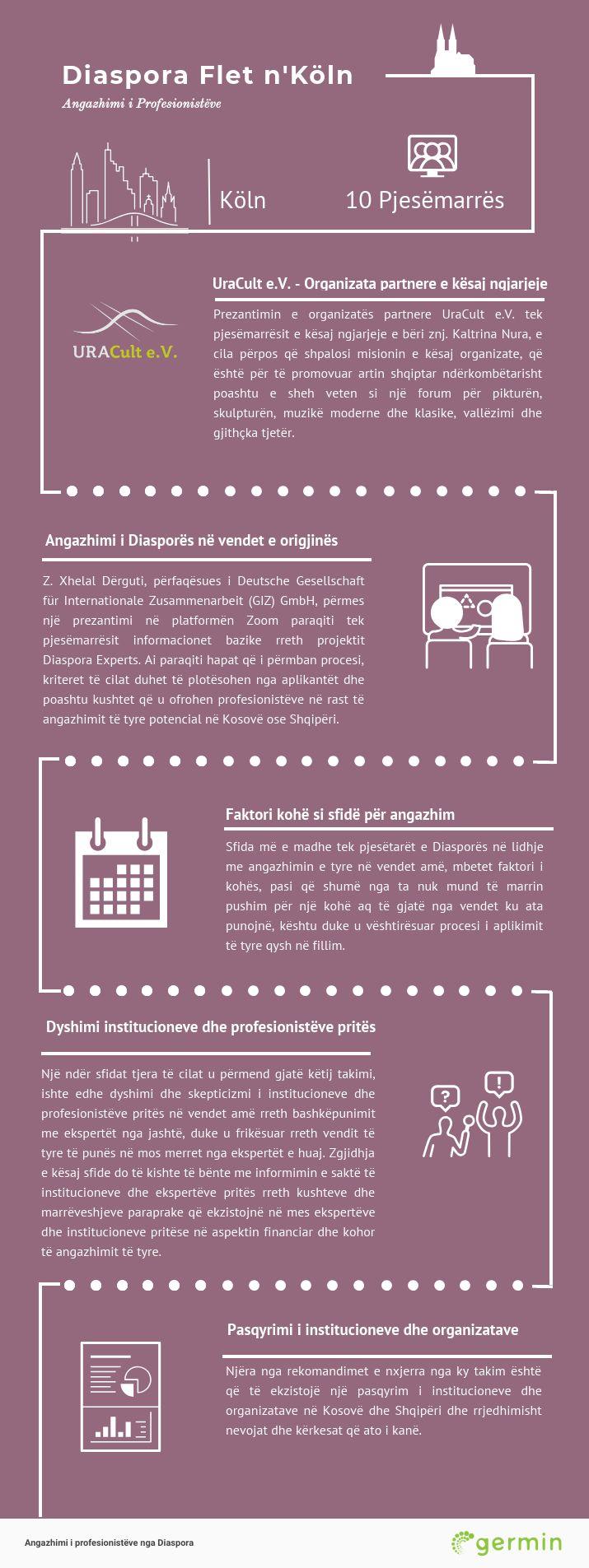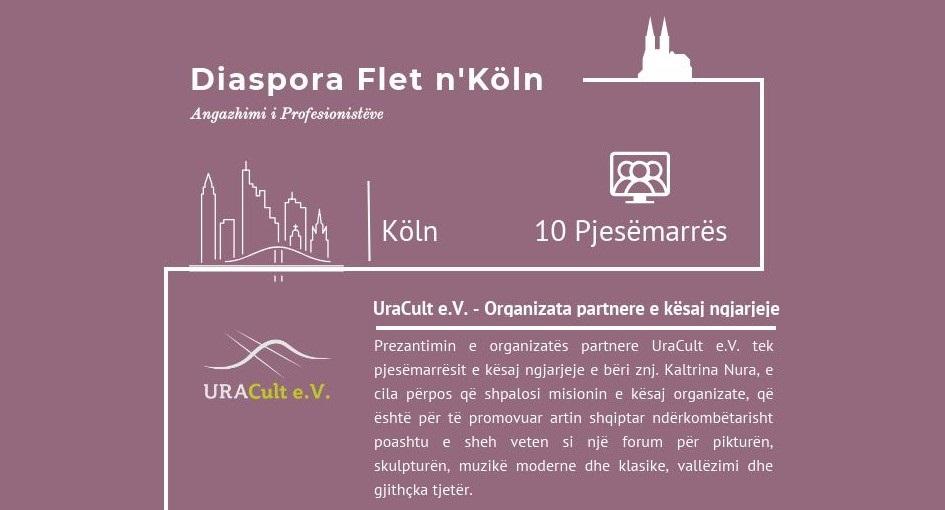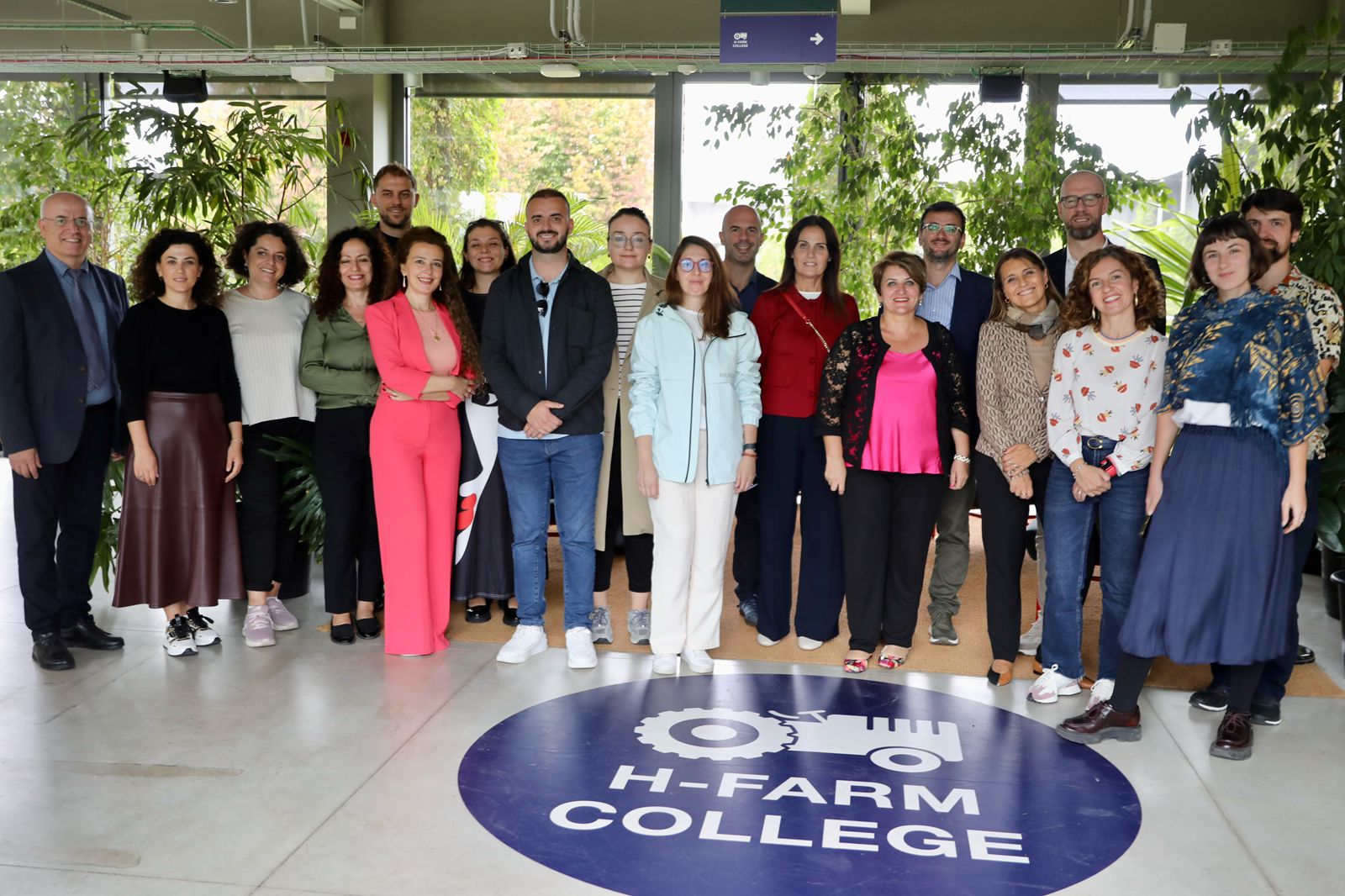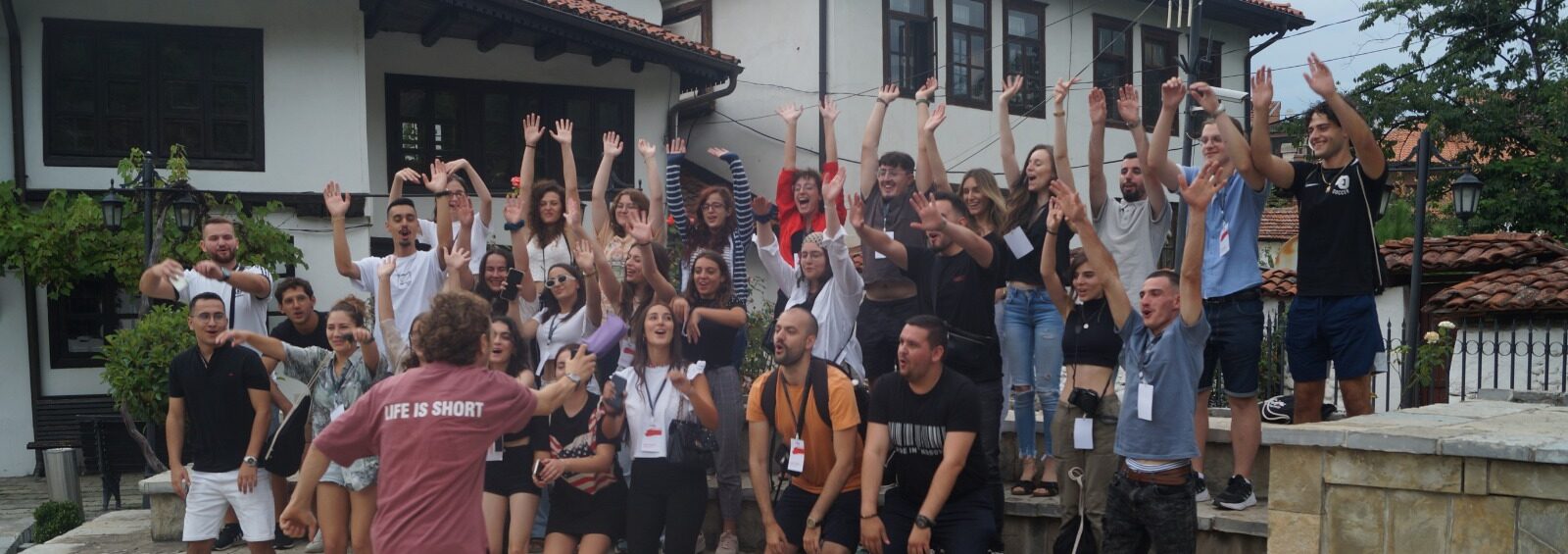Në takimin virtual “Diaspora Flet n’Koln” morrën pjesë 10 bashkëatdhetarë të cilët gjinden me vendbanim në Köln, Gjermani dhe në qytetet përreth.
Takimi u hap me një prezantim të shkurtër të përfaqësueses së organizatës UraCult, znj. Kaltrina Nura, e cila tregoi më shumë rreth angazhimit të saj profesional dhe angazhimit të saj rekreacional tek organizata e lartpërmendur. Më pas të gjithë pjesëmarrësit, u prezantuan dhe treguan në pika të shkurtëra më shumë rreth profilit të tyre profesional dhe vendeve të tyre të origjinës respektive.
Para fillimi të bashkëbisedimit të hapur me pjesëmarrësit, znj. Sihana Bejtullahu, bashkë-drejtoresha ekzekutive në emër të Germin u uroi mirëseardhje pjesëmarrësve dhe u shpalosi më tutje rreth misionit dhe vizionit të organizatës Germin.
Z. Xhelal Dërguti, përfaqësues i Deutsche Gesellschaft für Internationale Zusammenarbeit (GIZ) GmbH, përmes një prezantimi në platformën Zoom paraqiti tek pjesëmarrësit informacionet bazike rreth projektit Diaspora Experts. Ai paraqiti hapat që i përmban procesi, kriteret të cilat duhet të plotësohen nga aplikantët dhe poashtu kushtet që u ofrohen profesionistëve në rast të angazhimit të tyre potencial në Kosovë ose Shqipëri.
Më pas, znj. Suela Kalia, tregoi për përvojën e saj personale rreth angazhimit në Shqipëri, pasi që ishte kthyer nga Gjermania përmes projektit në fjalë.
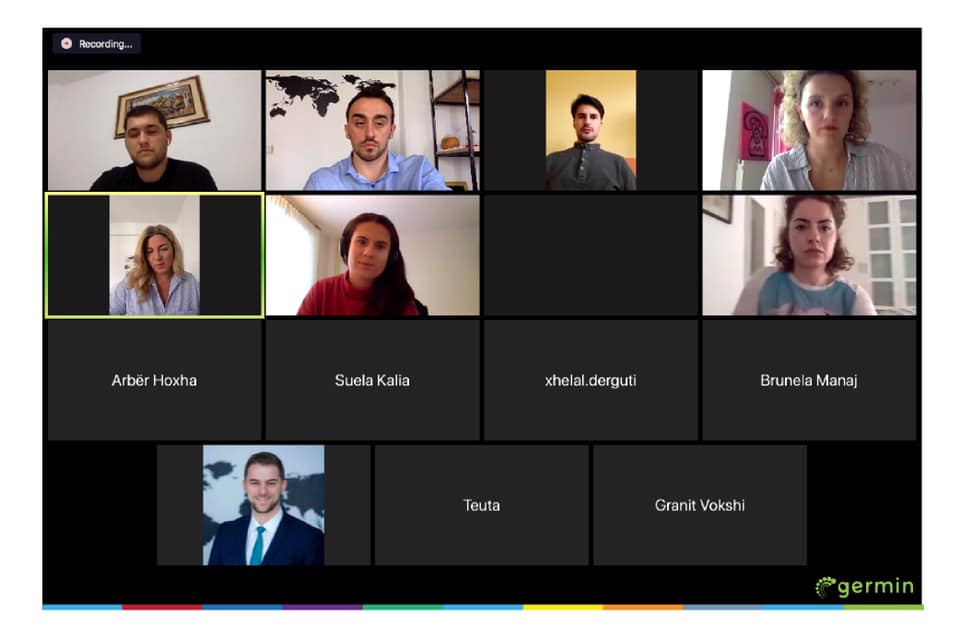
Me rastin e pyetësorit të pjesëmarrësve rreth gatishmërisë së tyre për tu angazhuar në vendet amë (Kosovë dhe Shqipëri), ata të gjithë shprehën gatishmëri për të bërë një gjë të tillë në formate të ndryshme. Ndonëse ata shprehën gatishmërinë e tyre për t’u angazhuar, ata ishin të vetëdijshëm për disa nga sfidat dhe problemet që mund të hasin para ose gjatë angazhimit të tyre.
Sfida më e madhe tek ta mbetet elementi i kohës, pasi që shumë nga ta nuk mund të marrin pushim për kohë aq të gjatë nga vendet ku ata punojnë, kështu duke u vështirësuar procesi i aplikimit qysh në fillim. Përveq kohës, një ndër sfidat tjera të cilat u përmend gjatë këtij takimi, ishte edhe dyshimi dhe skepticizmi i institucioneve dhe profesionistëve vendor rreth bashkëpunimit me ekspertët nga jashtë, duke u frikësuar rreth vendit të tyre të punës në mos merret nga ekspertët e huaj.
Zgjidhja e kësaj sfide do të kishte të bënte me informimin e saktë të institucioneve dhe ekspertëve pritës rreth kushteve dhe marrëveshjeve paraprake që ekzistojnë në mes ekspertëve dhe programit të Center for International Migration and Development në aspektin financiar dhe kohor të angazhimit.
Njëra nga rekomandimet e nxjerra nga pjesëmarrësit është që të ekzistojë një pasqyrim i institucioneve dhe nevojave që ato institucione kanë.
